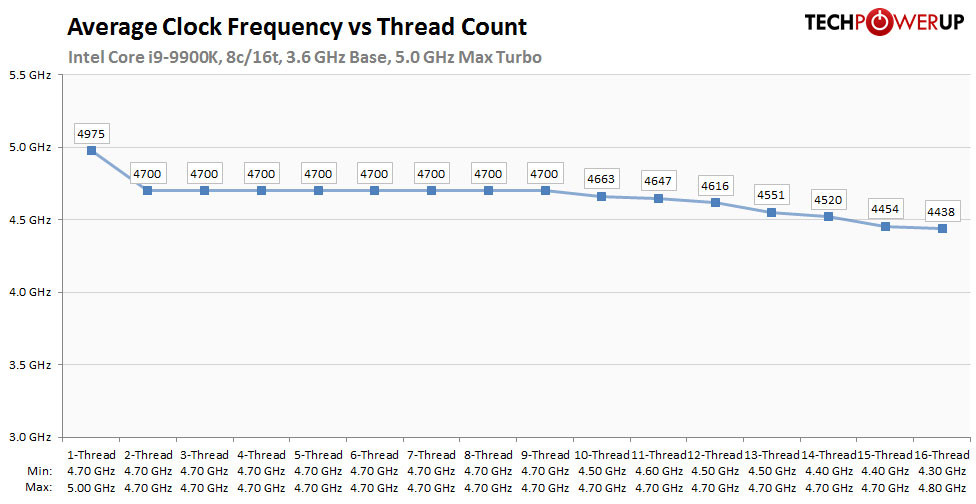- Joined
- Dec 31, 2009
- Messages
- 19,412 (3.43/day)
| Benchmark Scores | Faster than yours... I'd bet on it. :) |
|---|

AMD Updates Ryzen Product Pages to Elaborate on "Max Boost Clocks"
AMD over the weekend updated the product-pages of its Ryzen processors on the company website to be very specific about what they mean by "Max Boost Clocks," that are advertised almost as extensively as the processor's main nominal clock-speeds. AMD describes it has "the maximum single-core...
"NOMINAL conditions". People have 'nominal' covered and it still isn't hitting the max boost clock. They even had to change their verbiage.... update a video that said 5 GHz.... they are taking far too many liberties on clocks....................







